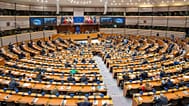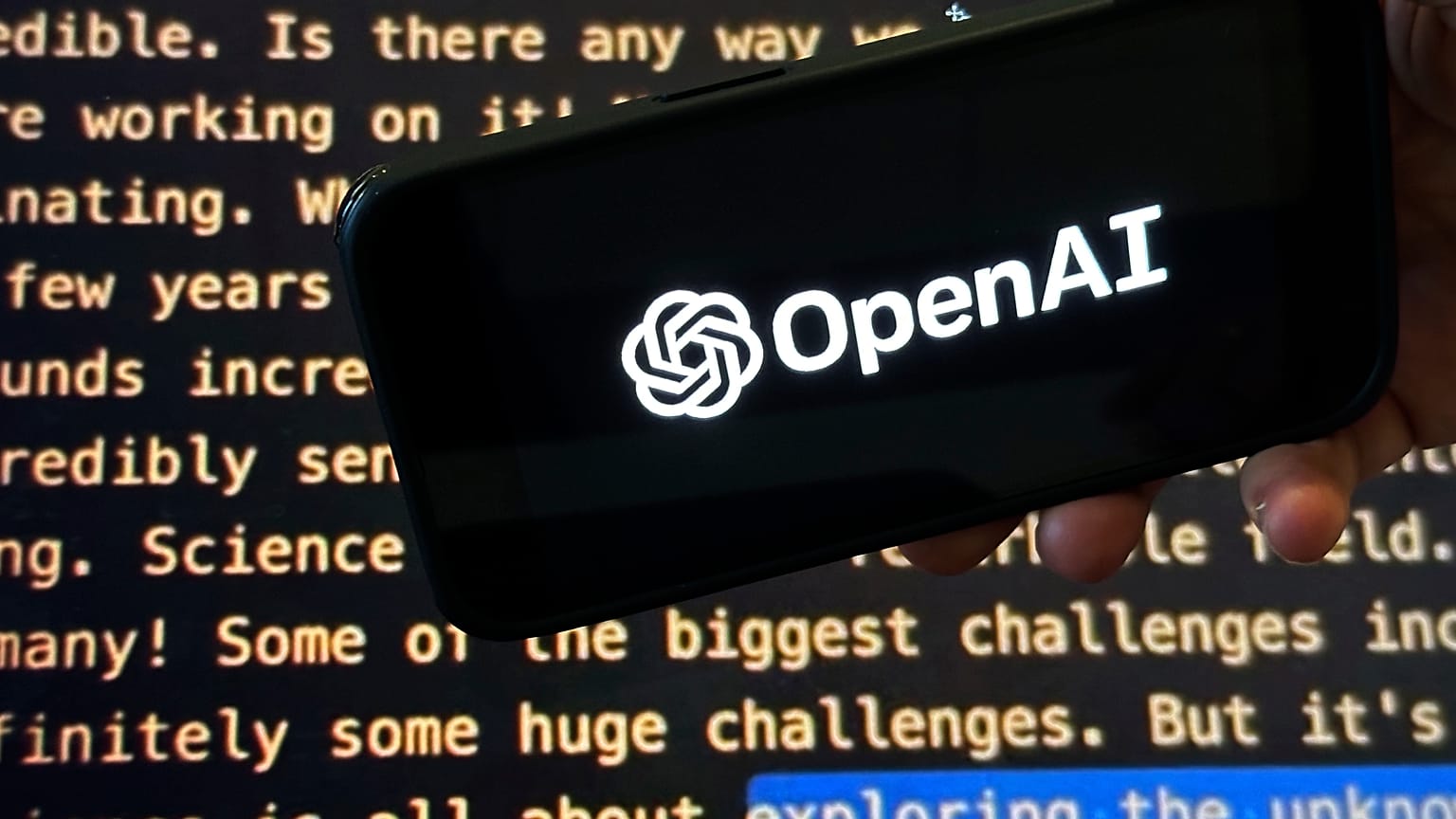Italy's privacy body opened a probe into the company in March last year and briefly banned ChatGPT, alleging it had breached the EU's data rules.
Italy's privacy watchdog said on Monday that it had notified OpenAI that the methods its ChatGPT uses to gather users' data breach the EU's privacy laws.
 ADVERTISEMENT
ADVERTISEMENT
 ADVERTISEMENT
ADVERTISEMENT
It comes after Italy’s Garante per la protezione dei dati personali, or DPA, opened a probe into the company in March and briefly banned the artificial intelligence (AI) chatbot, alleging that it had breached the bloc’s data rules.
The Italian body said in the statement seen by Euronews Next, that it "concluded that the available evidence pointed to the existence of breaches of the provisions contained in the EU GDPR".
"OpenAI may submit its counterclaims concerning the alleged breaches within 30 days," the statement continued.
But OpenAI told Euronews Next they believe their practices align with GDPR and other privacy laws and that it would continue to work constructively with the Garante.
"We take additional steps to protect people’s data and privacy," an OpenAI spokesperson told Euronews Next in an email.
"We want our AI to learn about the world, not about private individuals. We actively work to reduce personal data in training our systems like ChatGPT, which also rejects requests for private or sensitive information about people".
GDPR is the EU's rulebook which governs how companies can use, process, and store personal data.
On March 20, the Italian Garente said ChatGPT had experienced a data breach involving payment information and user conversations.
It said there was no legal basis to justify "the mass collection and storage of personal data for the purpose of 'training' the algorithms underlying the operation of the platform".
It also said that the app does not protect minors as there is no to verify the age of the user.

















